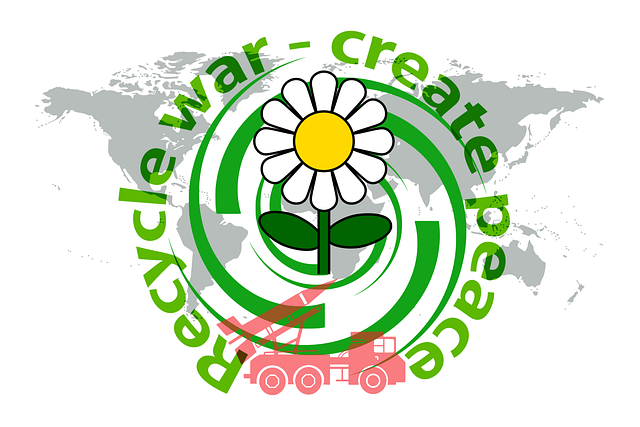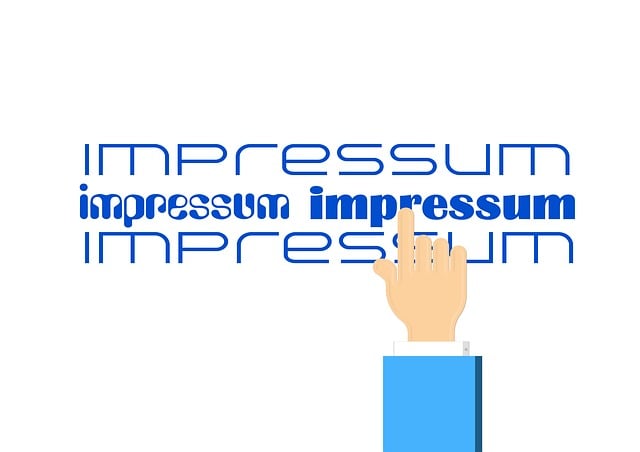Gambling addiction, characterized by uncontrollable urges and negative outcomes, impacts diverse individuals. Recognizing symptoms like intense cravings, loss of time awareness, and behavioral changes is crucial for early intervention. Promoting responsible gambling through education, setting personal limits, and age verification creates a safer gaming environment. Support systems including therapy, counseling, and support groups offer hope for recovery. Setting limits, self-assessment, and utilizing resources like helplines are key to prevention and management. Seeking help is a strength in combating gambling addiction.
Gambling addiction, often referred to as compulsive gambling, is a hidden crisis with far-reaching consequences. It’s more than just a casual hobby; it’s a complex behavioral issue that requires understanding and support. This article delves into the intricacies of gambling addiction, exploring its subtle symptoms and significant impact on individuals and their loved ones. We also highlight the importance of responsible gambling practices and provide guidance on seeking help for those struggling with this pervasive problem.
- Understanding Gambling Addiction: Symptoms and Impact
- Promoting Responsible Gambling Practices
- Seeking Help and Support for Gambling Addiction
Understanding Gambling Addiction: Symptoms and Impact

Gambling addiction, often referred to as compulsive gambling, is a complex and serious issue that impacts individuals from all walks of life. It’s more than just enjoying a game of chance; it’s characterized by an uncontrollable urge to gamble despite negative consequences. Those suffering from this addiction may experience intense cravings, lose track of time while gambling, and chase losses in an attempt to regain their initial winnings.
The symptoms of gambling addiction can manifest in various ways. Individuals might display significant changes in behavior, such as becoming more withdrawn or irritable when not gambling. Financial difficulties are also common, with people borrowing money or even stealing to fuel their addiction. Relationships may suffer as the compulsion to gamble takes priority over personal and social responsibilities. Recognizing these signs is crucial for promoting responsible gambling and seeking help before the addiction worsens.
Promoting Responsible Gambling Practices

Promoting responsible gambling practices is an essential step in mitigating the risks associated with addiction. It involves educating both gamblers and the general public about the potential hazards, encouraging awareness of personal limits, and fostering a culture of balanced entertainment. Many organizations advocate for self-exclusion programs, where individuals can voluntarily restrict their access to gambling platforms, ensuring they don’t exceed healthy spending or time limits.
Additionally, responsible gambling initiatives emphasize transparent regulations and age verification processes to prevent underage participation. By integrating these practices into the gaming ecosystem, we aim to create a safer environment, helping individuals maintain control over their habits while still enjoying the entertainment value of gambling.
Seeking Help and Support for Gambling Addiction

Gambling addiction, much like any other form of dependency, can be a challenging battle. However, there is hope and support available for those seeking to overcome it. The first step towards recovery is often recognizing the issue and admitting that help is needed, which requires immense courage. Many individuals struggling with gambling addiction find solace in therapy or counseling sessions where they can explore the root causes of their addiction and develop strategies to manage urges. Support groups, both online and offline, also play a crucial role by providing a safe space for sharing experiences and learning from peers who are going through similar challenges.
Promoting responsible gambling is another essential aspect of preventing and addressing addiction. This includes setting clear limits on spending and time allocation for gambling activities, as well as regularly checking in with oneself to assess the impact of these habits. There are numerous resources available, such as helplines and online tools, designed to offer guidance and support for those engaged in responsible gambling practices. Remember, seeking help is not a sign of weakness but rather a proactive step towards reclaiming control over one’s life.
Gambling addiction is a complex issue that can significantly impact an individual’s life. By understanding the symptoms and promoting responsible gambling practices, we can foster a healthier relationship with gaming. If you or someone close to you is struggling, seeking help and support is crucial. Remember, practicing responsible gambling is key to enjoying games without losing control, and there are resources available to assist in overcoming addiction.






